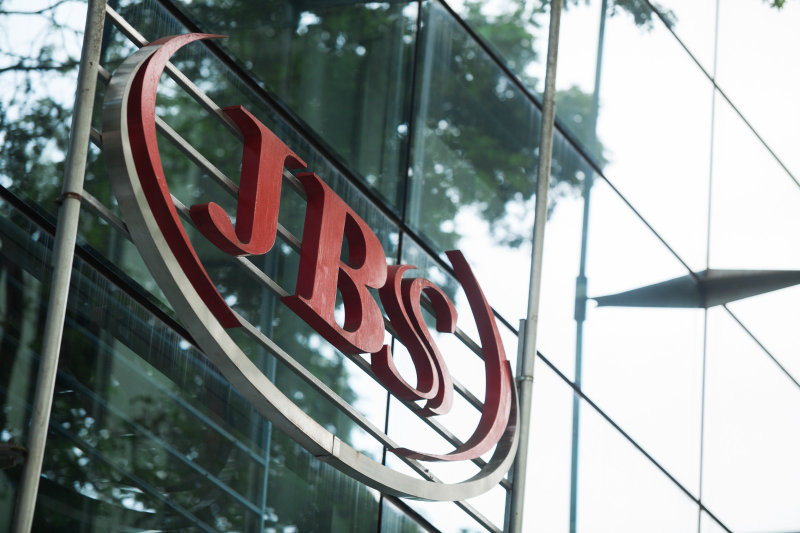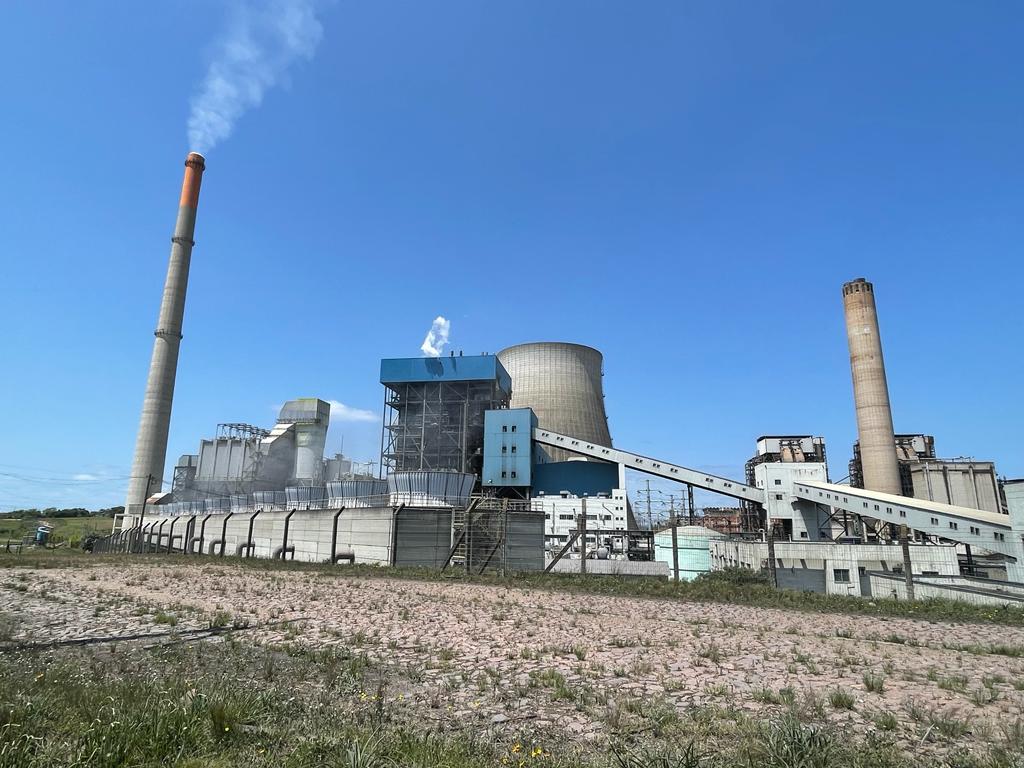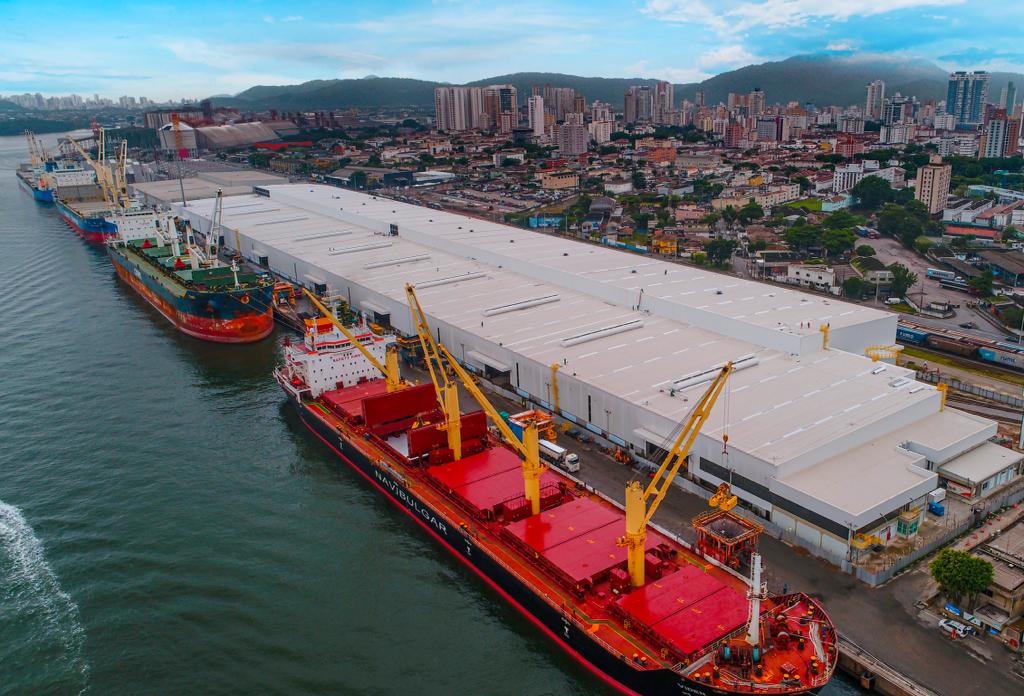The company presents shareholders with a proposal that unlocks value for the company and its investors and creates favorable conditions to finance new investments
JBS, one of the world’s largest food companies, announced today a plan to dual-list its shares in Brazil and the United States in order to expand its investment capacity. The proposal presented to shareholders reflects JBS’s global platform and paves the way to unlock the value of the company’s shares.
Today, JBS presents a transformative value proposition to shareholders and the market. The dual listing will create conditions for the Company’s valuation, expand its capacity to finance its growth at a lower cost, accelerating its diversification, value-added and brand strategy, while creating more opportunities for the communities where it operates and for the more than 260,000 employees worldwide.
With annual revenues of R$ 375 billion, JBS operates a diversified platform of proteins and geographies, with industrial operations and commercial offices in 24 countries, more than 330,000 customers and exports of products to more than 190 countries. Born in Brazil 70 years ago, JBS now employs almost 60% of its global workforce in the country. There are 145,000 direct employees in the Company’s more than 130 production units spread across all regions of the country.
With the dual listing, JBS shares will be traded on the New York Stock Exchange (NYSE), in the United States, and on B3 S.A. – Brasil, Bolsa, Balcão (B3), in Brazil. Level II Brazilian Depositary Recipts (BDRs) will be traded on B3, backed by Class A shares listed on the NYSE. Minority shareholders may cancel the BDRs at any time to directly hold class A shares.
This proposal will increase transparency and strengthen governance, attract a broader investor base with greater financial capacity, and increase the flexibility of issuing shares to fund growth and deleveraging opportunities, as well as reduce the cost of capital, allowing the company to compete on an equal footing with its global peers.
JBS’s operational structure will be maintained in Brazil and in the other places where it operates. In other words, operational assets, employees, financial flows, and supply chains will remain as and where they are today. In addition, the company will remain subject to the regulations established by the Brazilian Securities and Exchange Commission (CVM) and will be subject to SEC and NYSE regulations.13




